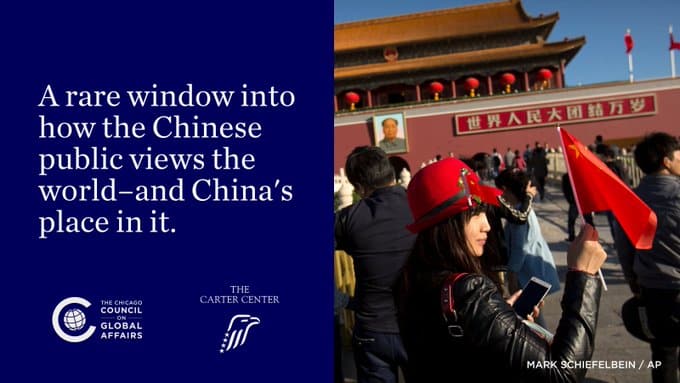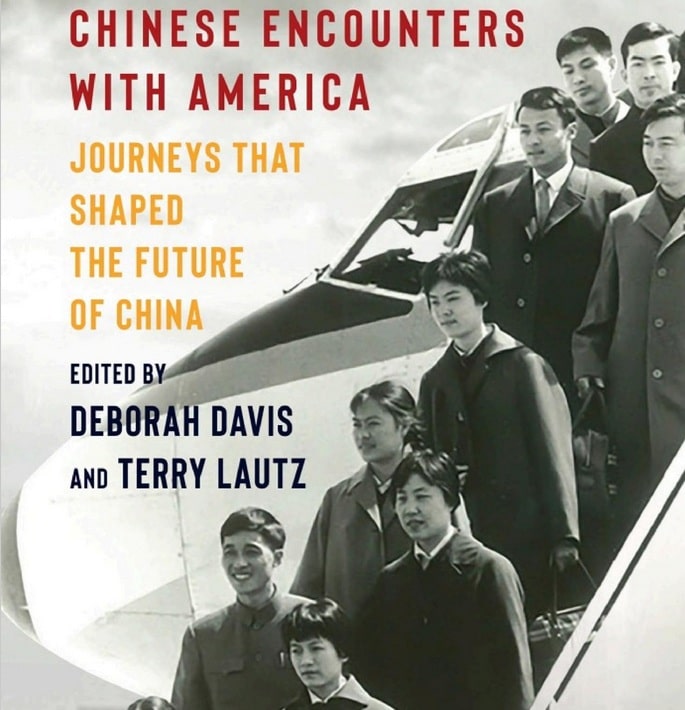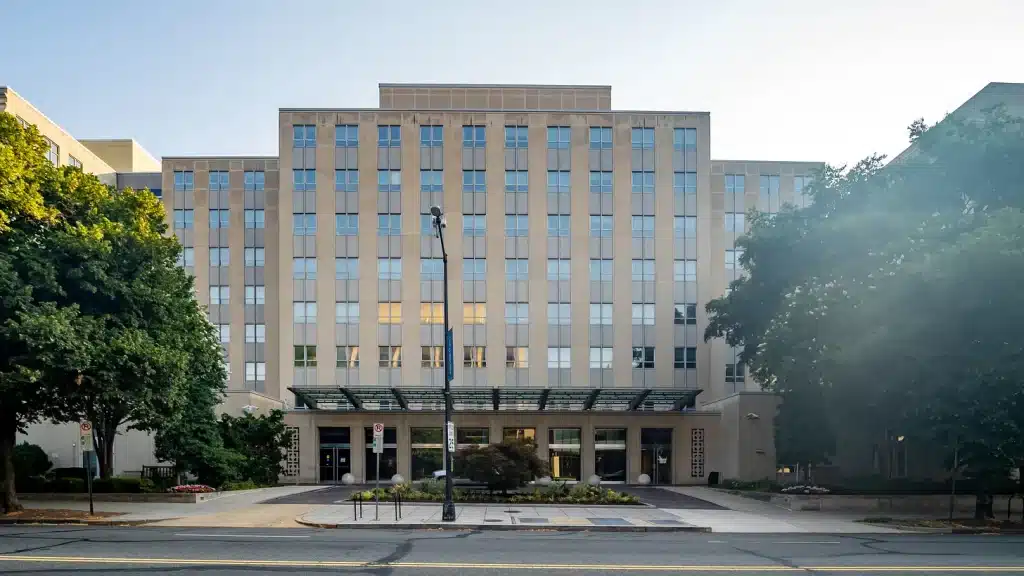Japan’s Prime Minister Takaichi Finally Says Something Close to What Beijing Wants to Hear
Ambassador Wu Jianmin: “Changes in Chinese Foreign Policy since 2013”
On February 24, 2016, The Carter Center’s China Program and Emory University’s Halle Institute for Global Learning hosted Ambassador Wu Jianmin to speak on the topic of “Changes in Chinese Foreign Policy since 2013”.
Besides being the current Executive Vice Chairman of the China Institute for Innovation and Development Strategy, Ambassador Wu is also a Senior Research Fellow of the Counselors’ Office of the State Council of China, a Member of the Foreign Policy Advisory Committee of the Chinese Foreign Ministry, a Member and Vice President of the European Academy of Sciences as well as a prolific author and expert on international affairs.
Ambassador Wu previously served as President of China Foreign Affairs University from 2003 to 2008 and as China’s Ambassador to France from 1998 to 2003, from 1996 to 1998 as Ambassador of China to the UN in Geneva, and as Ambassador of China to the Netherlands from 1994 to 1995.
The talk was held at the Emory University Center for Ethics and open to the public, drawing a large turnout of roughly 130 people which included professionals, academics, and a large number of students.
Ambassador Wu began by covering US-China relations since the first visit of former Secretary of State Henry Kissinger to China in 1971 and discussing the history of US-China relations since the visit. He pointed out that the relationship’s history had four phases. The first, from 1971 to 1991 was common opposition to the Soviet Union. The second, from 1992 to 2003 was economic and trade cooperation. From 2004 to 2013, the pillars of the relationship became more diverse and included meeting common global challenges such as terrorism and climate change, bilateral cooperation in all fields and finally military exchange and security cooperation.
He pointed out the integrality of US-China relations and celebrated the growing economic relationship between the United States and China, growing from USD 5 million in 1971 to 60 billion last year. He pointed out three important aspects to US-China relations including avoiding confrontation, upholding “mutual respect” and maintaining “win-win cooperation.”
According to Ambassador Wu, despite negative media coverage of the co-called decline of U.S.-Cina relations, the two nations have worked together on many issues. In November, 2014 President Barack Obama and Chinese President Xi Jinping made a joint statement on climate change at Asia-Pacific Economic Cooperation (APEC) summit. A second agreement on climate change was made during President Xi Jinping’s visit to the U.S. in September 2015. As two largest emitters in the world, their agreements were crucial to the success at the Paris Climate Summit in November 2015. He continues to cite the 2015 Iran nuclear deal and the recent cooperation against the North Korea missile test as strong examples where the United States and China have cooperated sustain global peace and developments. He encouraged onlookers to look beyond the image of conflict between the United States and China on the news and see the whole picture, especially the instances of cooperation between the two countries to face global challenges.
A key point made by Ambassador Wu was that while US-China cooperation is valued, he points out there are certain problems that can be solved today, problems that can be solved tomorrow, and problems that can be solved the day after that. It is important, therefore, not only for the two parties to be able to cooperate, but also to have the wisdom to identify which problems can be solved today in order to create realistic plans of action to face these challenges.
Throughout the talk, Ambassador emphasized that the bilateral relationship between the U.S. and China is too important to fail. He urges that by “acknowledging the differences,” “conducting dialogue”, “focusing on the issues that can be handled today” and “not letting differences block cooperation”, the United States and China will be able to maintain a strong and healthy relationship for the future.
After the talk, the event moved on to a lively question and answer session. Ambassador Wu received the questions gladly and responded with compelling insight through a variety of topics including comments on trade imbalance and why China was slow in responding to Pyongyang’s recent provocative actions.
The China Program at The Carter Center and the Halle Institute for Global Learning have co-sponsored two talks in the past. In 2013, General Zhu Chenghu of China’s National Defense University came to speak at Emory University. In 2014, Professor Zhu Feng of Peking University shared his views on the development in the Korean Peninsula with Emory students and faculty. Ambassador Wu’s talk is the inaugural session of the Conversation on U.S.-China Relations in the greater Emory Community. We will invite diplomats and scholars to address issues of U.S.-China collaborations every two to three times a year, so stay tuned!

By AARON WALAYAT Feb. 26, 2016 on USCNPM








